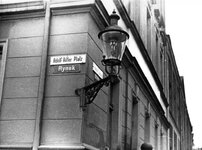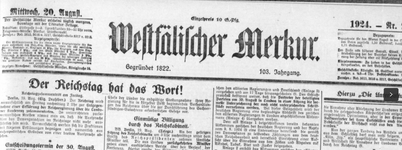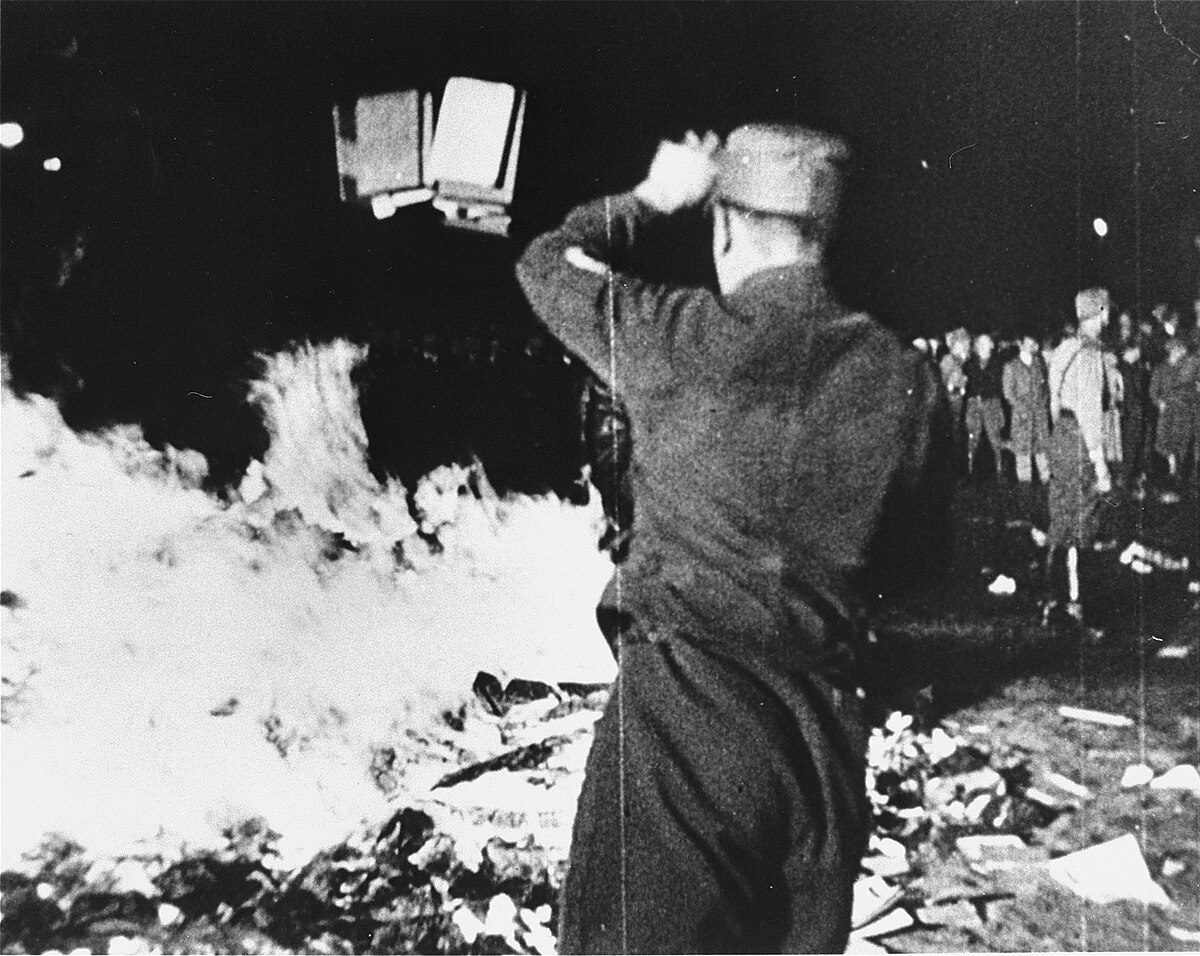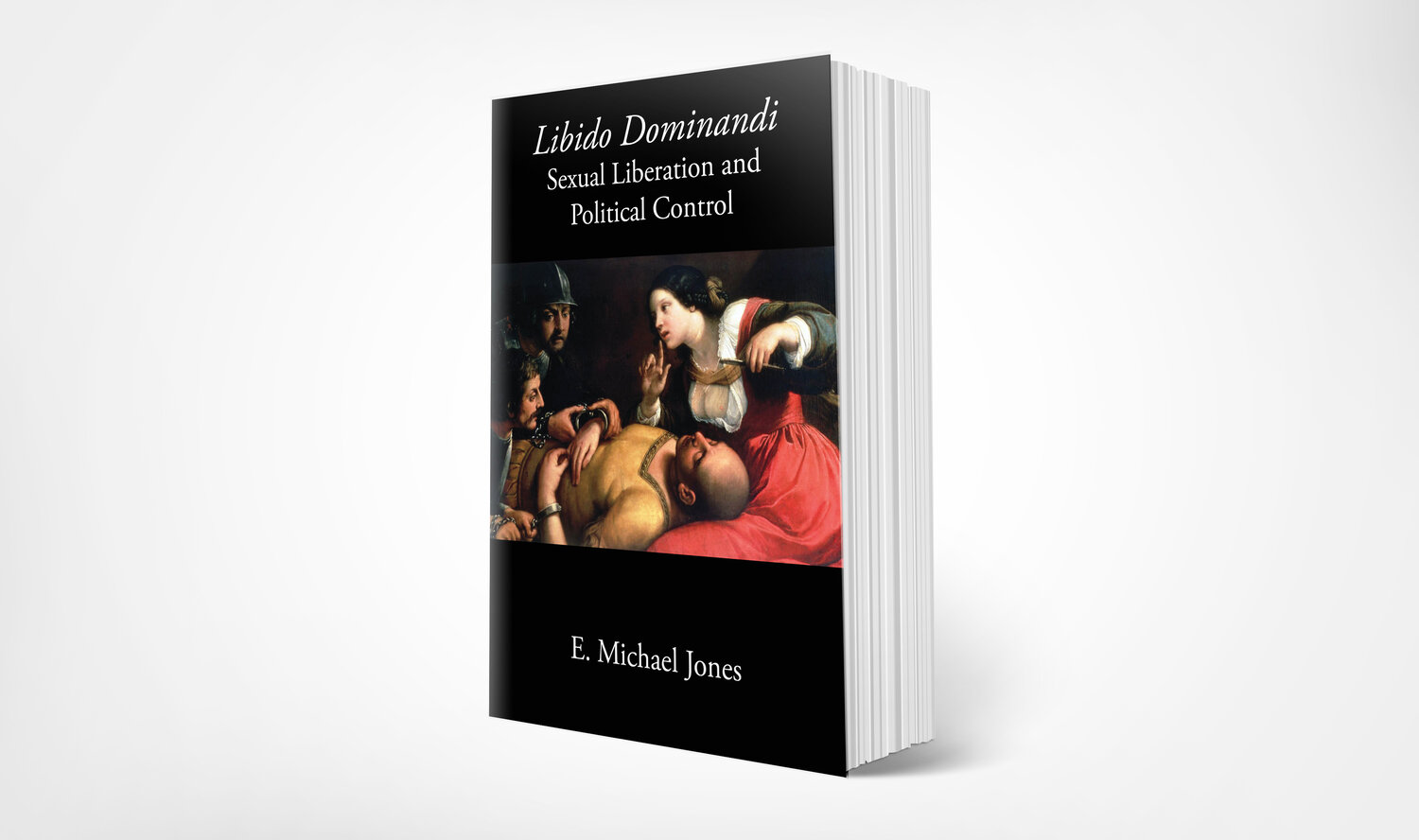I would like all of you to listen to this talk. When you have an hour to kill, it's very insightful. For those of you new to this subject, this is the best hour you could spend listening to objective discussion on the philosophies behind the Fascists and National Socialists. This is a group of Catholic historians who have studied and compiled an incredible breakthrough into understanding worldviews (weltanschauungs in German) and how the four basic worldviews of the ancient philosophers: monism, dualism, atomism, and pragmatism, and how the fifth worldview, the Apostolic Catholic worldview, stands in contrast to all of these.
"Proofs of the Catholic Origins of Fascism & National Socialism and the refutation of pagan influence"
The first part discusses the definition of Fascism and National Socialism, from objective pre-war sources. One thing that surprised me was that Mussolini was brought into the Fascist ideology by an Italian priest, during a time when he was exploring socialist-marxist schools of thought and had left his Catholic faith, only to return to Catholicism upon his embrace of fascism as the proper response to defend Europe against Bolshevism.
The second part goes into the study of all the alleged philosophers said to have influenced Hitler and Mussolini and other Fascists, and how the implementation of both Italian Fascism and German National Socialism was heavily rooted in a Christian worldview, specifically Catholic. Elsewhere here people have said that Hitler followed Schopenhauer, but he did not, he merely was an auto-didact and read tremendous volumes of works in his free time.
The third part describes in detail the origin of the hooked cross and how it actually spread to the east from the west and not vice versa. The Greek Tetrakite rotating cross, which eventually became known as the Hakenkreuz in Charlemagne's Europe, was a Pythagorean symbol that stood for the connection between man and the divine, the Monad. It's adoption as a Christian symbol was an entirely geographical singularity that had zero influence from the Hindus who adopted it following Alexander the Greats invasion into the east. Much like everywhere else in the world, the sub-races of the east take from the west, even in antiquity. Like I have shown in multiple posts, this symbol was heavily present in 1st century Christian catacombs, and later found its way into Byzantine Cathedrals like the Hagia Sophia and many Catholic Gothic Cathedrals of the Crusader eras.
The fourth part specifically discusses Hitler's existing worldview, which is based deeply in his Catholic upbringing. As I have proven before, it was not from the Vril Society or any kooky Theosophists. Hitler pointed out in Mein Kampf that when reading and studying, it is important to extract what can be used from every text, and this ability to recognize the useful knowledge differentiates the well-learned man from one who simply reads volume after volume but does not retain anything. If you are Catholic, you have a worldview that you start from that does not change simply because you read Schopenhauer.
Hitler believed every living thing had a will to live. Schopenhauer did not. The will to fight and defend Christian Europe from Bolshevism and Marxism is not a Schopenhauer worldview, it is a Catholic one.
The conclusion they wrap up is pretty succinct, going over all the other philosophers whose own worldview has allowed atheists and marxists and materialists to grow in stark contrast to the Catholic worldview. So what is different about the Catholic worldview that separates it rom the Monist, Dualist, Atomist, and Pragmatist worldviews? My philosophy, which is the same as Australian Christian Fascist, is what Hitler, Mussolini, Franco, Degrelle, and Rivera believed, was that there was not a cosmic cycle or "reincarnation of things", (which nullifies the doing good in the life we have) but lives this life in preparation for the next life, or eternity. This worldview is the total opposite of the materialist. When you root yourself in Catholic political philosophy, you are rooting yourself in something that cannot be subjective, and all other forms of thinking and systems of thought, paganism, monism, dualism, atomism, and pragmatism all resort to subjective reasoning. Catholic Integralism is the politic of the Catholic King, the implementation of Christian principles in the public space and the protection of those that are sharing those single principles of unity. That is the architecture of existing Catholics like Mussolini, Hitler, Feder, Mosley, and such.
This topic is pretty profound on the philosophical level to understand the differences at least.
Also, this article here is a new find for me, Hitler announced to the press that he was not joining the new German Church but had decided to remain a Catholic. In the age of non-existing constant paparazzi, this is probably one of the last media statements from Hitler in his life as head of state about his personal life in public. In stark contrast to the absolutely zero proofs for him being anything other than a Catholic, here is another piece that solidifies his personal religious beliefs:
https://www.nytimes.com/1933/07/02/...nge-of-creed-he-denies-statement-by-nazi.html




